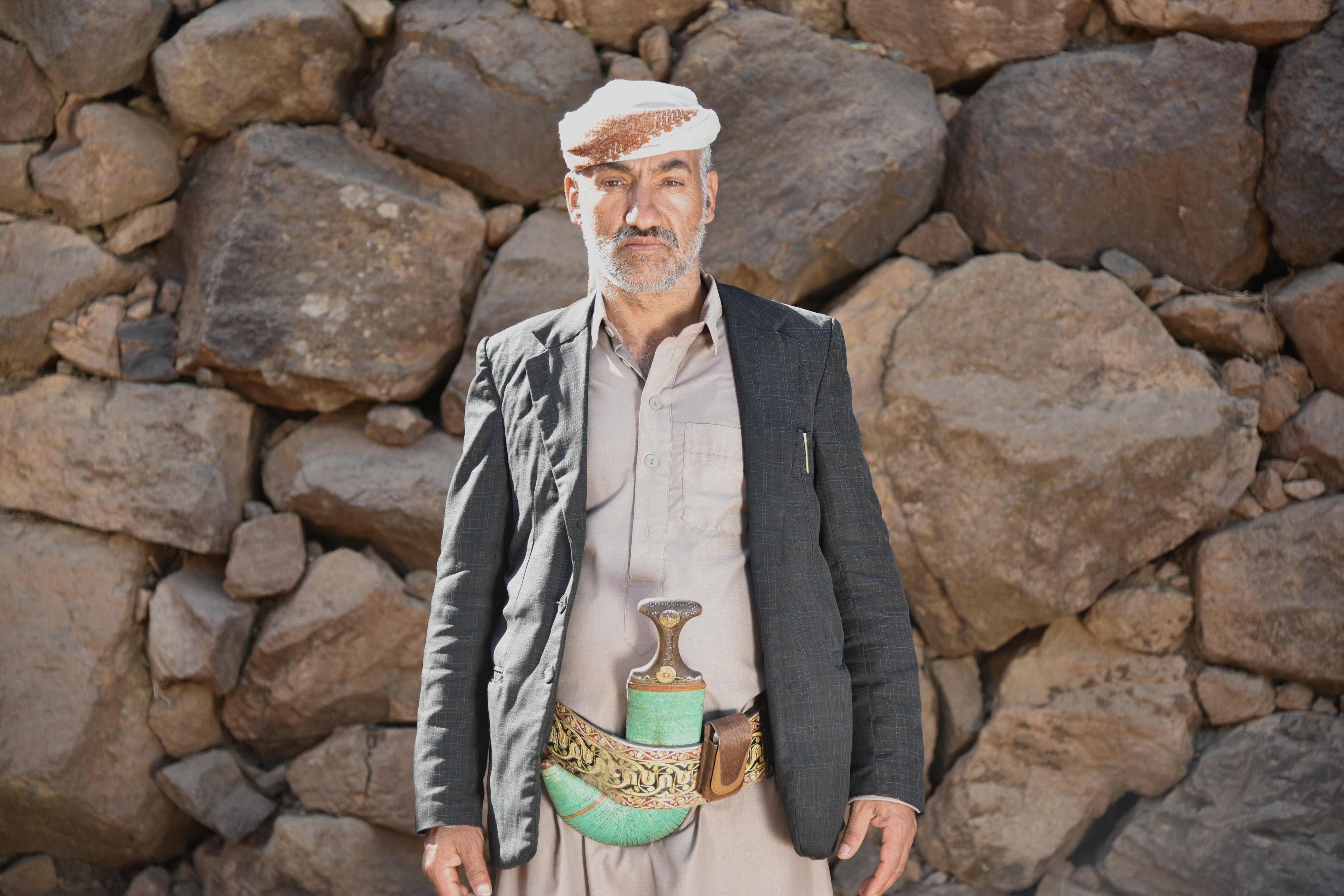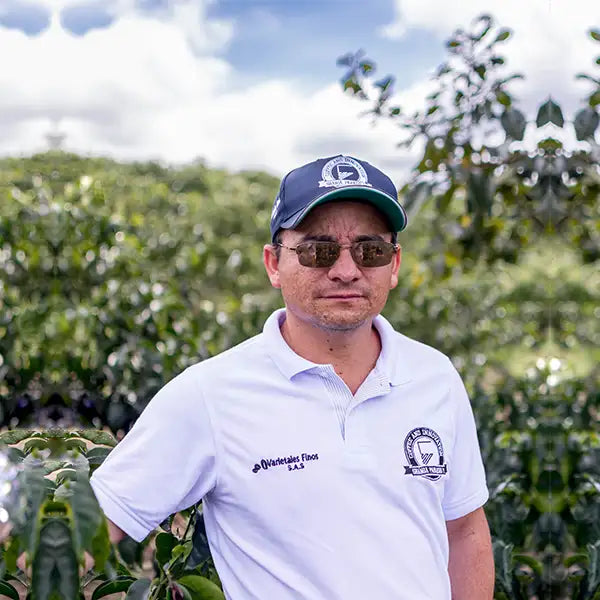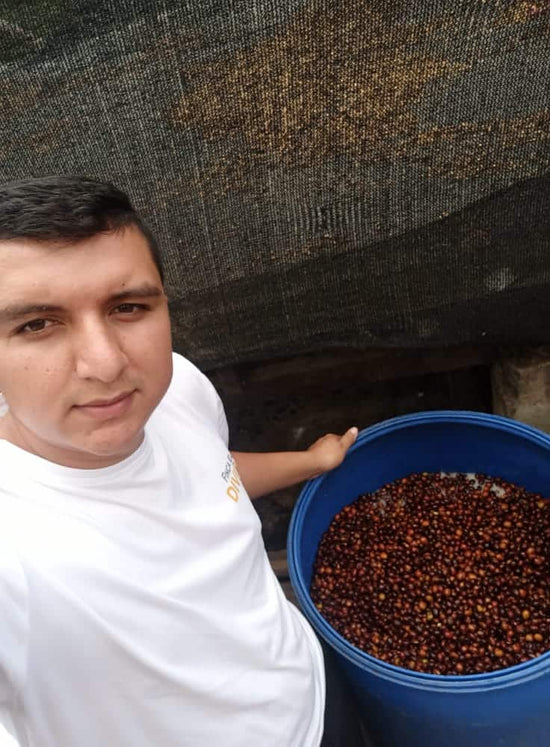
من الروح, Yemen
Star Fruit, Toffee, Dark Chocolate
Varietal: Udaini
Processing: Natural
Wadi Al-Mahjar is a small valley located within Al-Hayma. Not only is the region known for its ancient history of coffee production, but also its substantial numbers of high scoring lots.
Of the 12 lots from Al Hayma featured in Sheba's 2021 Gems of Yemen Auction, 11 were notably from Wadi Al-Mahjar. Although famed for its quality, coffee production in Al-Hayma is modest in scale. Some villages' total harvest is of no more than 15 tons of coffee Cherries: yielding only a precious 1.5 tons of coffee beans per year. However, yield is not everything. In the right hands, Al Hayma's quality is supreme.
For processing, during the harvest Abdullah begins by selectively handpicking only the reddest of cherries. Across Yemen, a single farmer may pass a tree several times during each harvest, ensuring cherries are picked only when they are at their most ripe. Once picked, the cherries are transported to one of Sheba’s regional processing hubs. The cherries are next placed into baths of cool, clean water, cleaning and sorting the quality cherries from any floaters or debris.
Once clean, the cherries are placed onto raised beds for an average of two to three weeks to dry. Here, they are turned daily, making sure they are dried evenly. Once a moisture level of between 11-12% is recorded, the beans are then removed from their beds and placed into airtight bags, helping protect them from oxidisation or contamination from foreign matter or air pollution.
The coffee is then transported to Sheba’s processing centre. Here, the dried cherries are rested for between 1 and 2 months; before being hulled of their cherry. Once hulled, the beans are passed through a gravity sorter, sieved by screen size and hand sorted, removing any remaining defects. Once complete, the coffees are graded and bagged, ready for export.


